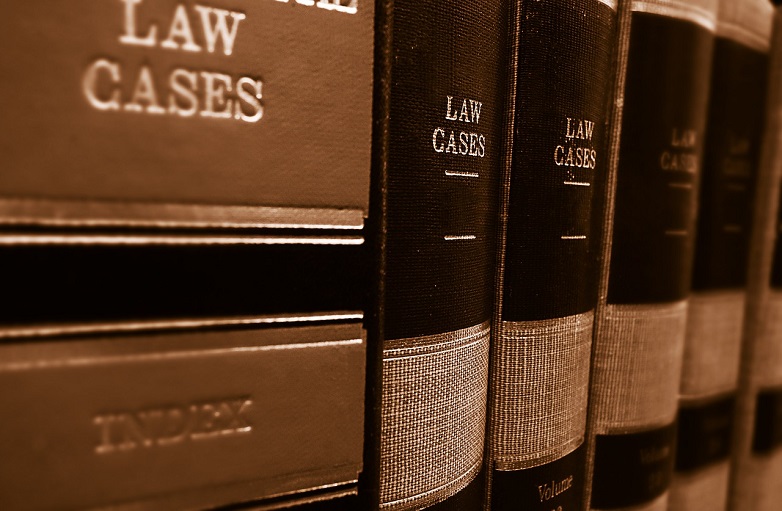
Although no amount of financial compensation can ever make up for the wrongful death of a loved one, Nevada, like most states, has tort law in place which allows the family of victims to sue the party or parties that have been deemed responsible for the death of their loved one.
Under Nevada Revised Statutes section 41.085, a wrongful death claim is defined as a civil remedy when the intentional, reckless, or negligent conduct of one party causes the death of another person.
A personal injury claim that the victim could have brought forward had they survived, but someone else must now pursue because the victim cannot do so.
There are certain criteria a wrongful death claim must meet under Nevada law. One of the most critical is the statute of limitations. File the suit within two years of the victim’s death.
This is why it is crucial to consult with a Las Vegas wrongful death attorney as soon as possible to ensure that the time does not expire.
In order to file a wrongful death claim on behalf of a victim, the plaintiff must be:
- A representative of the victim’s estate;
- The spouse, domestic partner, or a child of the victim; or
- The victim’s parents, if there is no surviving spouse or children.
Nevada law allows plaintiffs of wrongful death cases to seek two different types of damages, special damages, and punitive damages.
Special damages are those which the victim, their estate, and/or their family members have actually suffered.
These damages can include:
- Funeral and burial expenses;
- Medical expenses as the result of the victim’s injuries;
- Property damage that happened as a result of the incident or incidents which caused the victim’s death;
- Lost wages and benefits. These losses can also include the amounts the victims would have received had they survived;
- Loss of companionship, care, and affection the victim’s loved ones have suffered; and
- Lastly, the loss of benefits for the victim’s heirs.
Punitive damages may be available in certain Las Vegas wrongful death cases. The court may award punitive damages to the plaintiff as punishment for the defendant’s reckless or intentional behavior that caused the victim’s death.
Often when courts award punitive damages, it is to send a message to the defendant and society that these behaviors will not be tolerated. Contact us today. We look forward to hearing from you.